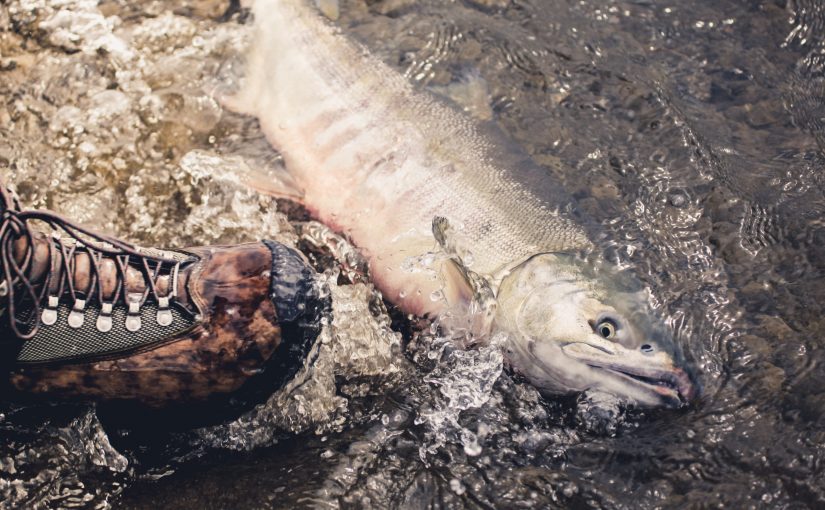Students of finance would have heard the phrase: ‘the time value of money’. For those unfamiliar with this phrase, it captures the idea that a Pound, Dollar, Indian Rupee, whatever, is worth more today than tomorrow. Why? Because you can earn interest by placing your money in a savings account to earn (admittedly low, certainly in the UK where base rates are 0.5% at present :-)) interest.
Many may be aware of the United States threat to cut aid to Palestine. In a series of tweets, the US President Donald Trump threatened to cut off payments to the Palestinian Authority unless its leaders, who were accused of not showing enough “appreciation or respect” to the US, agreed to resume negotiations to broker a peace deal with Israel. To facilitate the talks, Trump declared that “we have taken Jerusalem, the toughest part of the negotiation, off the table”.
Two points are highlighted below to give additional background to the tweets:
-
-
- Days earlier, Mr Trump had announced the US’s intention to move its Tel Aviv based embassy to Jerusalem. Israel has always regarded Jerusalem as its capital; however other countries (including bodies such as the United Nations) consider the city disputed territory and subject to negotiation with the Palestinians. Israel’s settlement in East Jerusalem following the 1967 Six Day war is considered illegal under international law.
-
-
-
- The US is one of the largest foreign contributors to the Palestinian Authority’s Ministry of Finance, which uses the money to support the security forces, as well as social welfare programmes.
-
Regardless of one’s personal opinion of Mr Trump and his leadership style, the Palestinians are in a predicament; do what is necessary to convince Trump that they “appreciate or respect” the US or risk cuts in aid. Whilst some, rightly or not, may label Trump’s threat to link aid with his political agenda grotesque, the reality is there is no such thing as a ‘free lunch’ (to steal another finance phrase). Concessions, explicit or otherwise, usually need to be made in exchange for money. Trump has merely elected to adopt a particular explicit variety.
This situation serves as a reminder, for me at least, of the peril that can arise from being overly reliant on others to provide basic needs. Of course, there are circumstances where this is unavoidable; life happens and is not the crime. The easy option may be to accept a fish and ease the hunger pains for a day. How much is the autonomy of catching your own fish worth?
As for the solution to the Palestinian predicament; it is ultimately a matter for the people of Palestine. My question to readers is this: what would you do or expect if you or your country’s leadership were facing a similar predicament?
Let me know your thoughts in the comment box below.

